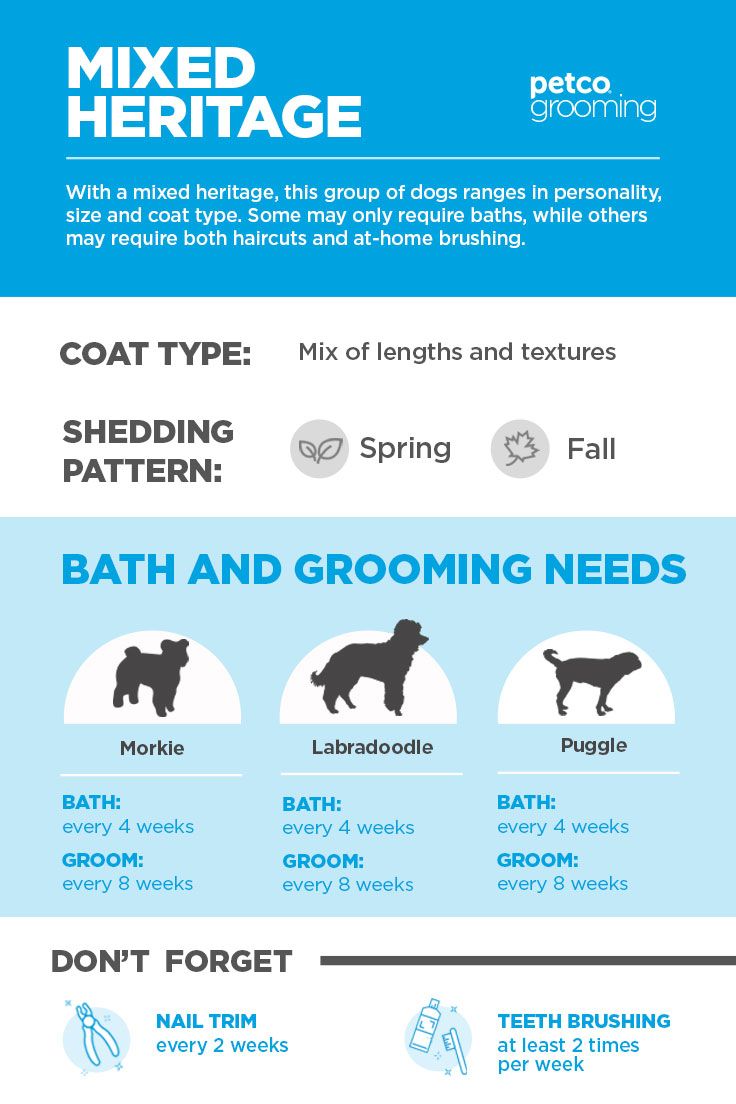As pet owners, one of the common dilemmas we face is determining how often we should shower our furry companions. Bathing your dog is essential for their hygiene and health, but showering them too frequently can strip their skin of natural oils. On the other hand, infrequent baths may lead to a smelly and dirty dog. Finding the right balance is key to keeping your dog clean and comfortable. In this blog post, we will delve into the factors that dictate how often you should shower your dog, including breed, coat type, and lifestyle. Let’s explore the best practices for maintaining your dog’s cleanliness without compromising their well-being.
Introduction: Understanding the Importance of Regular Dog Grooming
Regular dog grooming is an essential aspect of pet care that often gets overlooked by many dog owners. Grooming goes beyond just keeping your furry friend looking good; it plays a crucial role in their overall health and well-being. It involves activities such as bathing, brushing, nail trimming, ear cleaning, and more. Proper grooming not only keeps your dog clean and fresh but also helps in preventing various health issues.
The Benefits of Regular Dog Grooming
Grooming helps in maintaining the cleanliness of your dog’s coat and skin, preventing mats and tangles that can lead to skin irritations. It also allows you to check for any signs of skin infections, ticks, or other abnormalities. Regular grooming sessions provide an opportunity to bond with your pet and make them feel loved and cared for. Additionally, grooming can help in early detection of any health issues, ensuring timely intervention.
Proper Grooming Techniques
When it comes to grooming your dog, it’s essential to use the right tools and techniques. Use a gentle dog shampoo that is suitable for your pet’s skin type and coat texture. Brushing should be done regularly to prevent matting and to distribute natural oils throughout the coat. Trim your dog’s nails carefully to avoid overcutting and causing bleeding. Paying attention to detail during grooming ensures that your dog stays healthy and happy.

Finding the Right Bathing Frequency for Your Dog
When it comes to determining how often should you shower your dog, it’s important to consider factors like breed, activity level, skin conditions, and lifestyle. For most dogs, bathing once every 4 to 6 weeks is sufficient to keep their coat clean and skin healthy.
Frequent Bathing
Some dogs may require more frequent baths, especially if they spend a lot of time outdoors or have skin issues. Breeds such as Labrador Retrievers that love to play in the mud may need a bath every 2 to 4 weeks.
Infrequent Bathing
On the other hand, certain breeds with naturally oily coats like Basset Hounds may only need a bath every 6 to 8 weeks to prevent stripping their skin of essential oils.
Factors to Consider When Deciding How Often to Bathe Your Dog
Deciding how often to bathe your dog is an important decision that can impact their skin health and overall well-being. It is crucial to consider several factors to determine the optimal bathing frequency for your furry friend.
1. Dog’s Breed
The breed of your dog plays a significant role in determining how often they should be bathed. Some breeds have more natural oils in their coat, requiring less frequent baths, while others may need more regular grooming to maintain their coat’s health.
2. Activity Level
The dog’s activity level also influences how often they should be bathed. Dogs that spend a lot of time outdoors, rolling in dirt or swimming, may need more frequent baths to keep their coat clean and free of debris.
3. Skin Conditions
If your dog has any skin conditions or allergies, you may need to bathe them more or less frequently as recommended by your veterinarian. Certain shampoos or bathing too frequently can exacerbate skin issues, so it’s essential to consider your dog’s specific needs.
4. Coat Type
The type of coat your dog has will also impact how often they need to be bathed. Dogs with short coats may require less frequent baths compared to dogs with longer or thicker coats that are prone to matting and trapping dirt.
5. Lifestyle Factors
Consider your dog’s lifestyle when determining their bathing schedule. Indoor dogs that don’t get dirty often may only need occasional baths, while outdoor dogs or those with frequent contact with other animals may require more frequent baths to maintain cleanliness.
Tips for Bathing Your Dog Properly
Proper bathing is essential to keep your furry friend clean and healthy. Follow these tips to ensure a successful bathing experience for both you and your dog.
Choose the Right Shampoo
Using a shampoo specifically formulated for dogs is crucial. Avoid using human shampoos as they can irritate your dog’s skin.
Look for all-natural shampoos with moisturizing properties to keep your dog’s skin hydrated year-round.
Properly Rinse Your Dog
Thoroughly rinse all the shampoo from your dog’s coat to prevent skin irritation. Residual shampoo can cause itching and dryness.
Ensure no shampoo residue is left on your dog’s skin to prevent any allergic reactions caused by the product.
Use Lukewarm Water
Make sure to use lukewarm water for your dog’s bath. Cold water can be uncomfortable, while hot water can scald your dog’s skin.
Ensure the water temperature is suitable for your furry friend’s comfort*
Choosing the Right Products for Your Dog’s Bath Time
When it comes to bathing your furry friend, using the right products is essential for their skin and coat health. Below are some crucial tips for selecting the best products for your dog’s bath time:
1. Consider your Dog’s Skin Type
Just like humans, dogs have different skin types. Whether your dog has dry, sensitive, or normal skin, choose a shampoo that caters to their specific needs. Opt for gentle or hypoallergenic shampoos for sensitive skin.
2. Look for Natural Ingredients
Choose shampoos that contain organic or chemical-free ingredients to avoid any potential skin irritations. Ingredients such as oatmeal, aloe vera, and coconut oil are known for their moisturizing and soothing properties.
3. Check for Flea and Tick Control
For dogs prone to fleas and ticks, consider using a shampoo that offers pest control properties. Look for products with natural repellents such as neem or citrus extracts to keep these pests at bay.
Frequently Asked Questions
- Why is it important to shower my dog regularly?
- Regularly showering your dog helps to keep their coat clean, reduce shedding, and prevent skin issues. It also helps to maintain their overall hygiene and health.
- How often should I shower my dog?
- The frequency of showering your dog depends on various factors such as their breed, coat type, activity level, and skin condition. In general, most dogs can be showered every 4-6 weeks, but it is best to consult with your vet for specific recommendations.
- Can I shower my dog too often?
- Showering your dog too frequently can strip their skin of natural oils, leading to dryness, irritation, and potential skin issues. It is important to strike a balance and not over-shower your dog.
- What should I consider before showering my dog?
- Before showering your dog, consider their specific needs such as using dog-friendly shampoos, gently drying their coat afterwards, and ensuring they are comfortable throughout the process. It is also important to introduce bathing gradually to help them get used to it.
- Are there specific grooming tips for different dog breeds?
- Yes, different dog breeds have varying grooming needs. Some breeds require more frequent showers and grooming sessions, while others may need less. Research your dog’s breed or consult with a professional groomer to understand their specific grooming requirements.
Final Thoughts
When it comes to keeping your furry friend clean and healthy, determining how often you should shower your dog can vary based on breed, activity level, and coat type. Consulting with your veterinarian and considering factors like odor, skin conditions, and lifestyle can help you establish a suitable bathing routine. Remember, over-bathing can strip essential oils from your dog’s skin, leading to dryness and irritation, while under-bathing can result in unpleasant odors and skin issues. Ultimately, it’s essential to find a balance that keeps your pup fresh and comfortable without causing harm. Prioritize your dog’s well-being by tailoring their grooming schedule to meet their unique needs, ensuring a happy and healthy companion for years to come.



